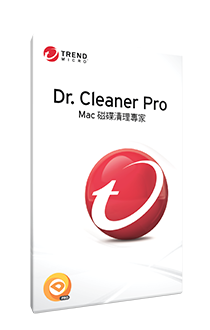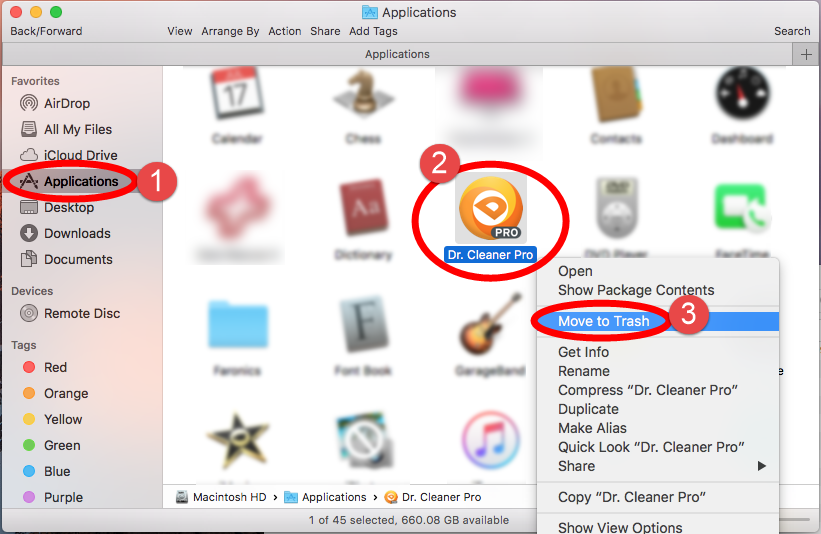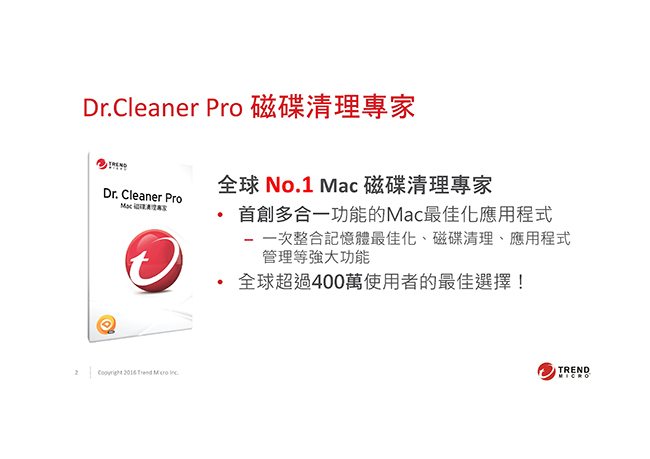
#Dr cleaner pro mac site for mac
Cleaner for Mac from this page, you’ll directly get the. Shared code libraries that aren’t actually required by a program to perform its function increase the threat surface, introduce security and privacy vulnerabilities that could impact your customers, and – potentially – give more opportunities for hackers to strike.Most MacOS applications downloaded from outside the App Store come inside a DMG file. Not only should you be sure to get positive agreement from your users as to what private data you may extract from them (and not hide it away in a EULA), but also you need to be careful to not be fattening up your different products with unnecessary code. Other software manufacturers should learn a lesson from this incident. Nothing to do with adware, malware, or which websites you’ve been visiting.
#Dr cleaner pro mac site archive
It’s a similar story for Dr Unarchiver which – as its name suggests – allows you to browse, access, and extract files within archive formats. Why on earth would that need to take a gander at your browsing history? In short, Trend Micro says that the code was designed to help the software determine if users had recently encountered online threats – and yet the code was also incorporated into products which were not security-related.ĭr Battery, for instance, is an app that purports to offer real-time monitoring of your Mac’s battery and determine which apps are draining resources the most.
/ccleaner-free-5-42-5addcd1fc064710038167b4e.png)
We have learned that browser collection functionality was designed in common across a few of our applications and then deployed the same way for both security-oriented as well as the non-security oriented apps such as the ones in discussion. “Third, we believe we identified a core issue which is humbly the result of the use of common code libraries.

In response to concerns and media reports, Trend Micro says that it has now removed the browser data collection code from its affected consumer products, and deleted any legacy data logs.īut it’s the company’s final statement which caught my eye the most: The discovery of the apps’ behaviour resulted in them being kicked out of the Mac App Store (for now at least). This was a one-time data collection, done for security purposes (to analyze whether a user had recently encountered adware or other threats, and thus to improve the product & service).” “ collected and uploaded a small snapshot of the browser history on a one-time basis, covering the 24 hours prior to installation.

In its advisory, Trend Micro confirmed researchers’ findings that products such as Dr Cleaner, Dr Cleaner Pro, Dr Antivirus, Dr Unarchiver, Dr Battery, and Duplicate Finder were snaffling users’ browser history, although Trend was at pains to point out that the data collection only occurred once per installation, and did not contain the full browser history:

#Dr cleaner pro mac site install
Yeah, because we all know that users read the license agreement when they install software – right?


 0 kommentar(er)
0 kommentar(er)
